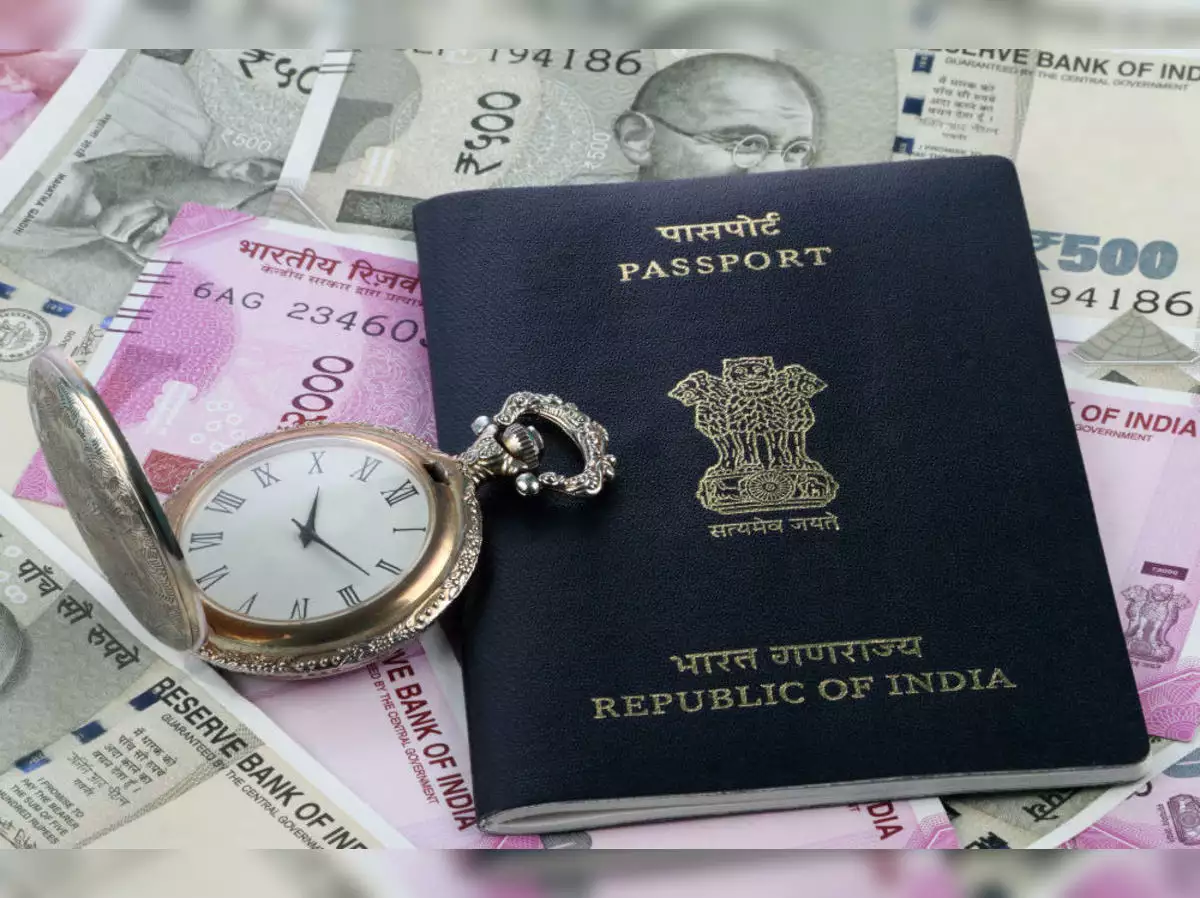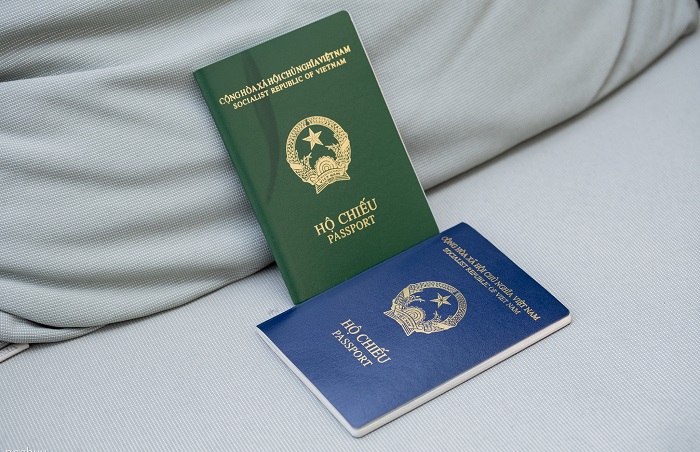8 mistakes Indians make while applying for a passport
Applying for an Indian passport seems relatively stress-free, with digitisation and online transactions, there’s little to worry about. Yet, a large number of passports are rejected each year owing to minor errors during the application process. Though minor, these errors can be tedious to rectify with multiple trips to the police station or passport office. Here are the most common mistakes that Indians make while applying for passports, that you can avoid!
Mistakes to avoid while applying for an Indian passport
Typos and more on the application form
Incorrect spelling, inaccurate date of birth and wrong residential address are all common errors while filling out the application form online. Depending on the case, applicants will be advised to apply for a correction or a complete re-issue of the passport. Read the instructions carefully, to ensure nothing has been missed.
Ignoring the ECR box
For all those who have passed the 10th grade or have a higher education degree, make sure to check the ECNR—Emigration Check Not Required— box and keep all required documents ready as proof of the same. If not, you may be stopped at the airport while travelling to countries such as Malaysia, Thailand or UAE.
Missing and incorrect documents
One of the most common mistakes made by applicants is missing required documents and submitting incorrect or ‘unacceptable documents’ (documents that aren’t officially listed by the passport office) during the application procedure – For instance, while the Aadhar card is an acceptable proof of your date of birth, take note that it often only states the year of birth on it. This is your cue to go through the list of acceptable documents for proof of address, which include a water bill, post-paid telephone bill, electricity bill, tax assessment bill and more. Similarly, for date of birth, a birth certificate issued by the registrar of birth and death or municipal corporation, a school leaving certificate and others are officially acceptable.
Unpaid dues
Closely linked to the error mentioned above, one of the primary reasons for many passports getting rejected is unpaid dues and delayed payments. Whether it’s your water, electricity, mobile phone or credit card bill, these documents are thoroughly vetted by passport officials. Irregularity in bill payment or delayed payment of large loans doesn’t particularly look good to a passport office and can often portray you in a questionable light. Though you can re-apply for a passport once the debts have been cleared, it is always best to show consistency and regularity in your financial transactions.
Signatures that don’t match
Yes, believe it or not, there have been multiple cases where the signatures of applicants haven’t matched across the various documents that are submitted during the application process. When such instances occur at the time of the appointment, it becomes difficult to access fresh copies for the signature and you end up rescheduling the appointment or even worse, getting rejected which means you have to go through the entire process again. So, here’s a pro tip: practice your signature freehand before signing the documents!
Dark, dim, indecipherable copies
A number of attested copies of supporting documents are required to be submitted as part of the application process. What often goes ignored are the photocopies which can be misprinted, dark and unclear and can be a reason for rejection of the passport. Make sure that the required details in these photocopies are legible and clear to the naked eye, making it easy for the passport office to go ahead with the process.
Goof-ups during police verification
One of the most important steps in the passport application process is the verification of your home address done by the local police. It is mandatory for the applicant to be present at the address mentioned in the application form and failure to do so could lead to inconclusive results by the police and a rejection of the passport application. Further, several cases show how applicants have different residential and permanent addresses or have changed their place of residence and did not inform the police of such a change. So, make sure to inform and make the necessary changes for a smooth-flowing process.
Cancelling appointments more than 3 times
Unless medically advised, applicants are not permitted to cancel or reschedule their passport appointments more than 3 times within one year of the first appointment. If so, their application will be completely cancelled and applicants are required to resubmit a new form and pay the full fees once again.


